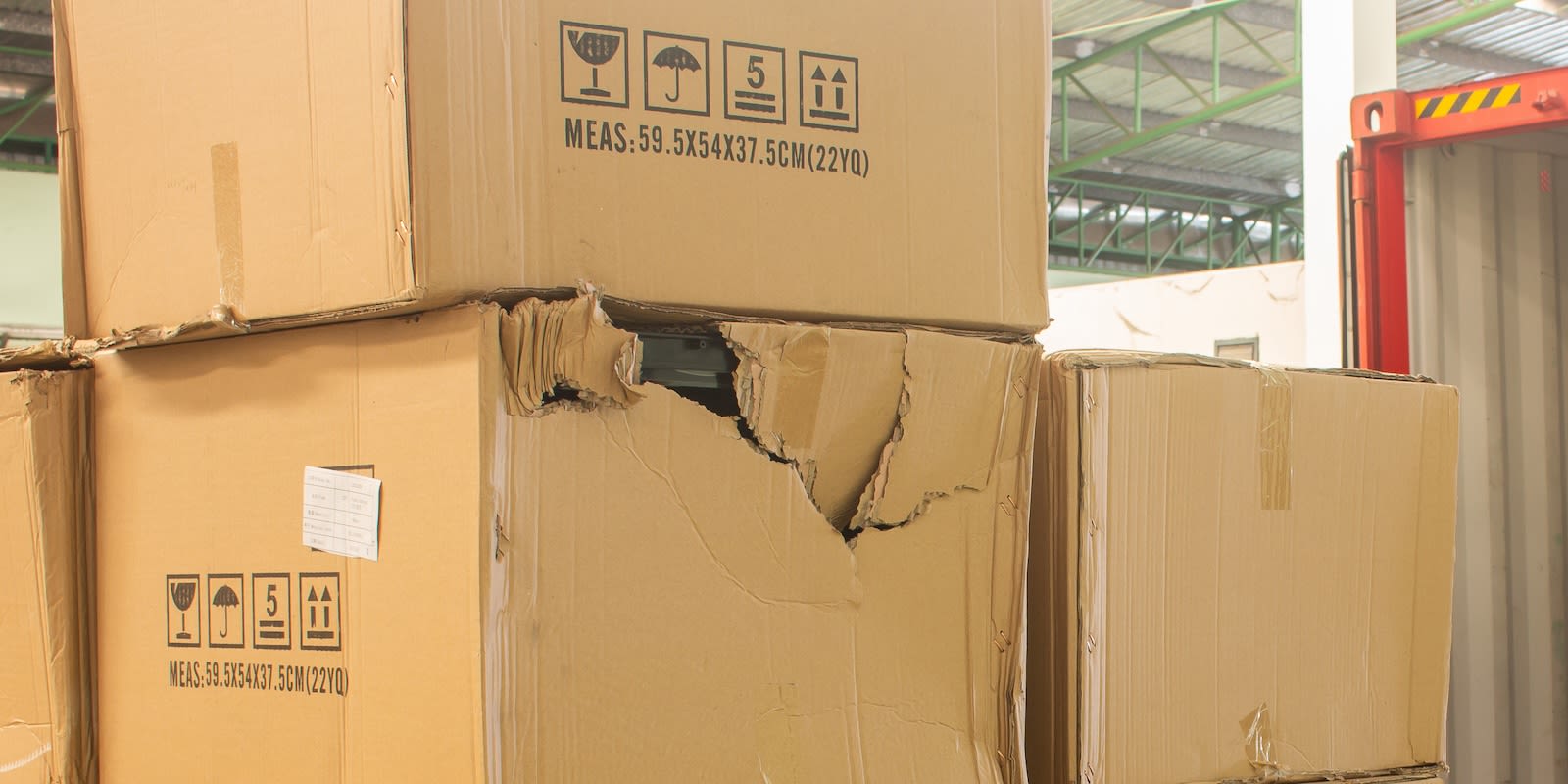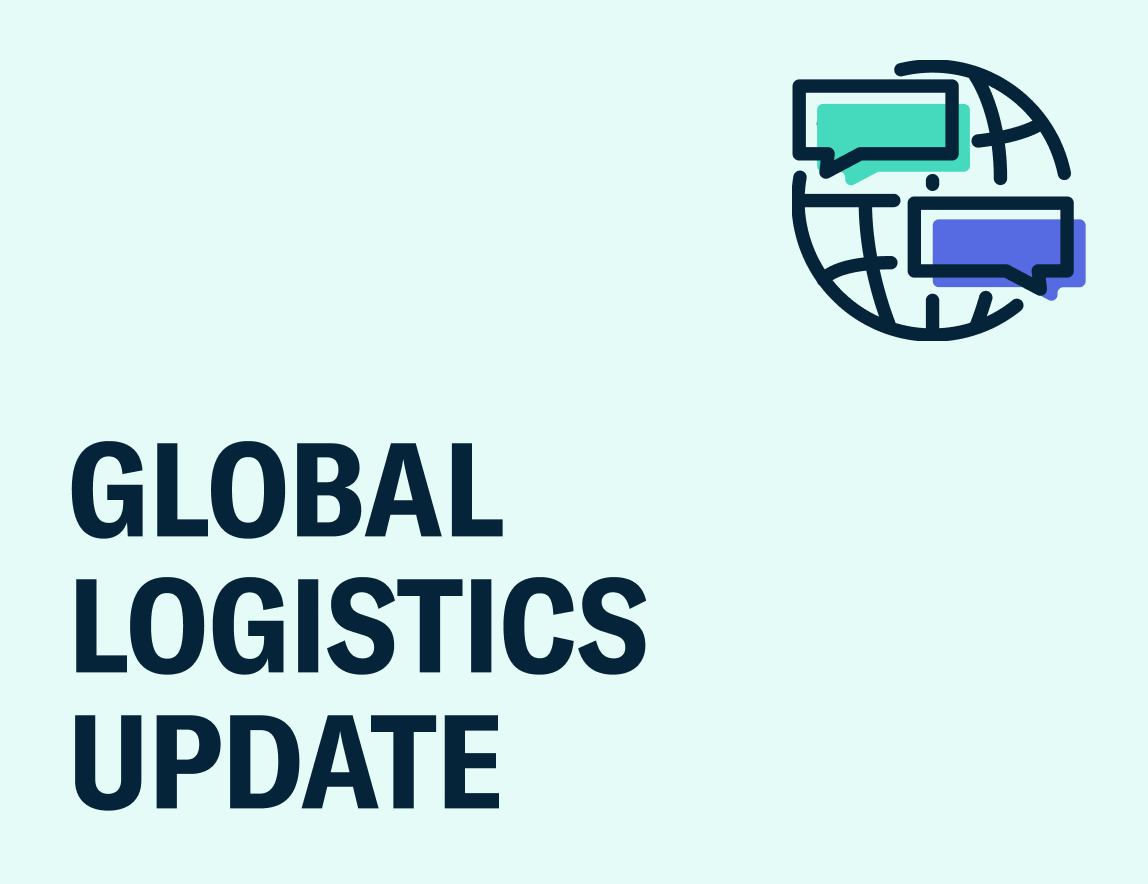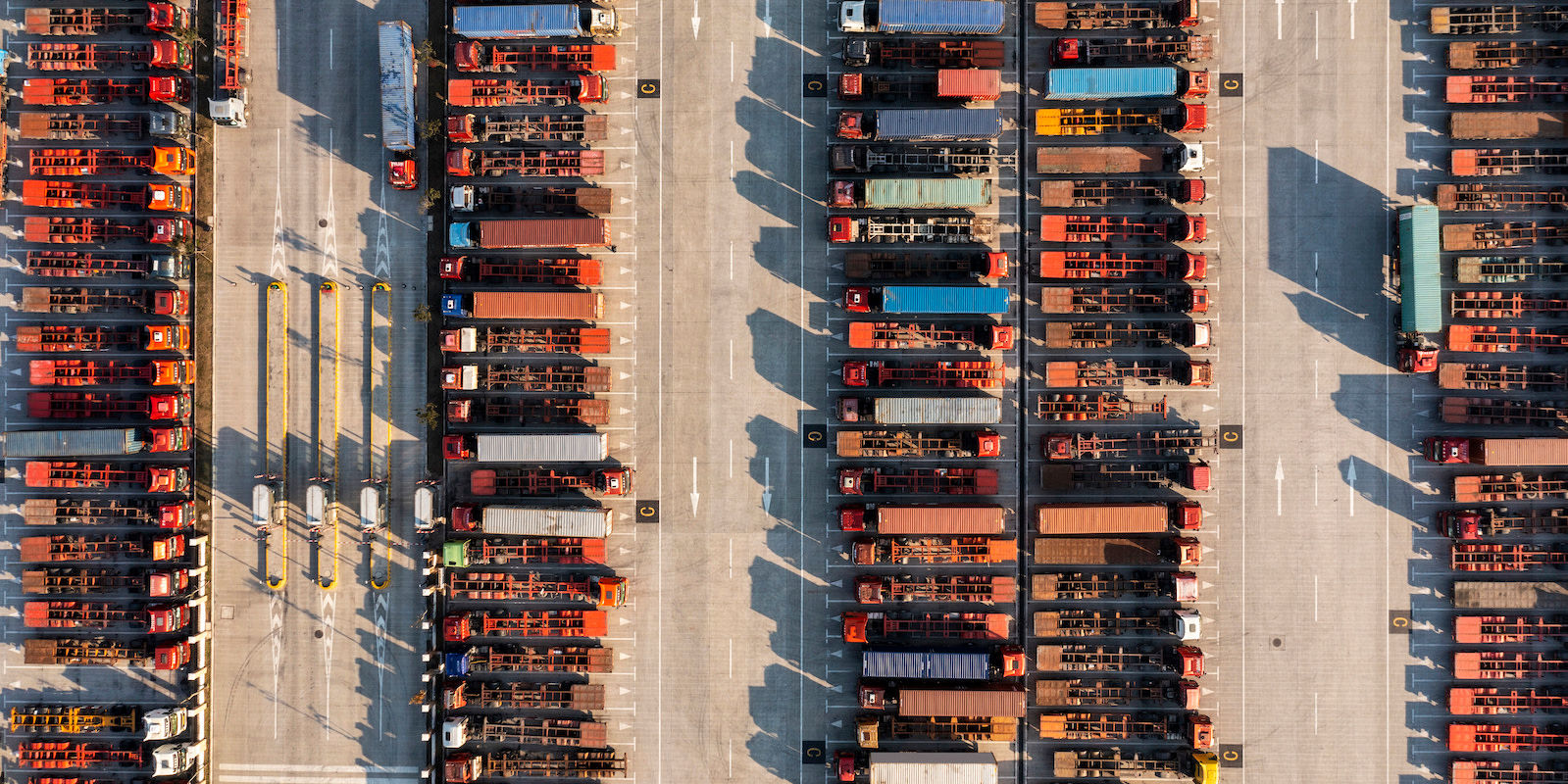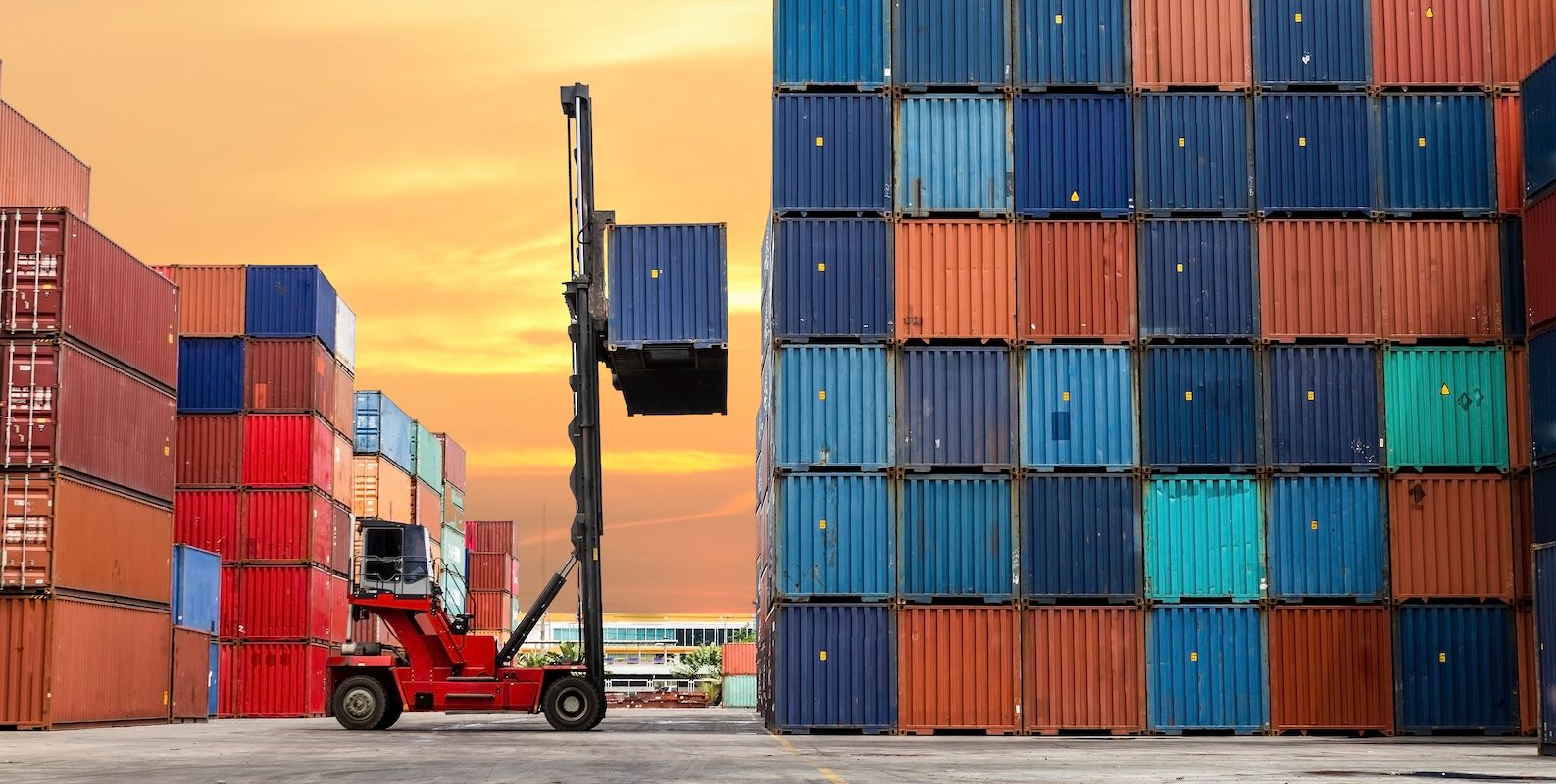
October 10, 2023
Ocean Cargo Losses: Why the Recent Increase?
Tags:
Ocean Cargo Losses: Why the Recent Increase?
Ocean cargo losses can occur for a variety of reasons and can have significant financial impacts on the shipping industry and on those whose cargo is lost. What follows is a quick look at the total annual loss of ocean cargo and how it has been increasing over the past few years, including details and statistics on the total losses and their causes.
Key Ocean Cargo Loss Statistics
- 3.1K Containers Lost at Sea in 2021. During the disruptions of 2021, a staggering 3.1K containers met an untimely demise at sea, marking over 11K individual loss instances in a single year. (Sources: IUMI, WSC)
- 75% Loss Due to Damage in 2021. The lion's share of ocean cargo losses, a staggering 75%, stems from damage, with a mere 25% attributed to theft. (Source: Allianz)
- $17 Billion Total Loss Value in 2021. A jaw-dropping $17 billion represented the cumulative loss for a single year in 2021, while over the span of 2017-2021, the total loss reached $95 billion. (Sources: Allianz, IUMI)
- 88% Loss Occurrences Below $50K in 2021. Ocean cargo losses come in various sizes, and not all are catastrophic. Surprisingly, a whopping 88% of losses occurred with claims less than $50K, underscoring the diversity in loss magnitudes. (Source: Allianz)
A confluence of factors has fueled this surge in ocean cargo losses, and they demand our attention. First and foremost, the unending demand for goods has led to a surge in cargo volume transported by shipping vessels, significantly elevating the risk of losses. Simply put, as the cargo load grows, so does the potential for accidents and mishaps.
Another critical factor is the increase in natural disasters, amplifying the losses incurred at sea. Typhoons and hurricanes, in particular, left their devastating mark, with the Atlantic and Pacific regions being equally vulnerable. The increasing frequency and intensity of these natural calamities have further magnified the issue.
Human error constitutes another significant contributor to ocean cargo losses. This encompasses a wide spectrum, from errors made by ship operators, such as navigational blunders and cargo securing mishaps, to theft and sabotage by third parties.
It is important for companies that rely on international shipping to carefully consider the risks associated with different shipping routes and to take appropriate precautions to protect their cargo. This may include purchasing cargo insurance and implementing risk management strategies such as route planning and cargo securing.
To find out more about cargo insurance available through Flexport Insurance Solutions, LLC, please reach out to our team of licensed experts today.
Insurance is offered through Flexport Insurance Solutions, LLC ("FIS"), a licensed insurance producer (Illinois License No. 3001047128, California License No. 6001029). Insurance is not available in all countries. Check with a licensed FIS representative for availability.
For term coverage, FIS acts as an insurance broker and seeks quotes from multiple insurance carriers with A.M. Best ratings of “A” or higher who actually underwrite and issue coverage. Per shipment coverage is underwritten and issued by Navigators Insurance Company.
The contents of this blog are made available for informational purposes only and should not be relied upon for any legal, business, or financial decisions. We do not guarantee, represent, or warrant the accuracy or reliability of any of the contents of this blog because they are based on Flexport’s current beliefs, expectations, and assumptions, about which there can be no assurance due to various anticipated and unanticipated events that may occur. This blog has been prepared to the best of Flexport’s knowledge and research; however, the information presented in this blog herein may not reflect the most current regulatory or industry developments. Neither Flexport nor its advisors or affiliates shall be liable for any losses that arise in any way due to the reliance on the contents contained in this blog.







